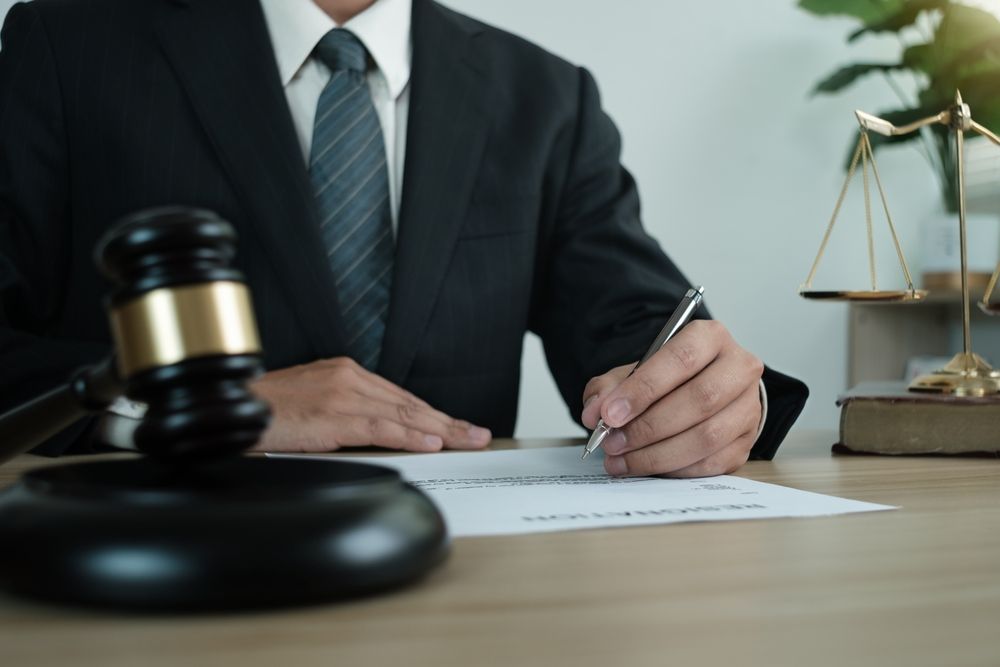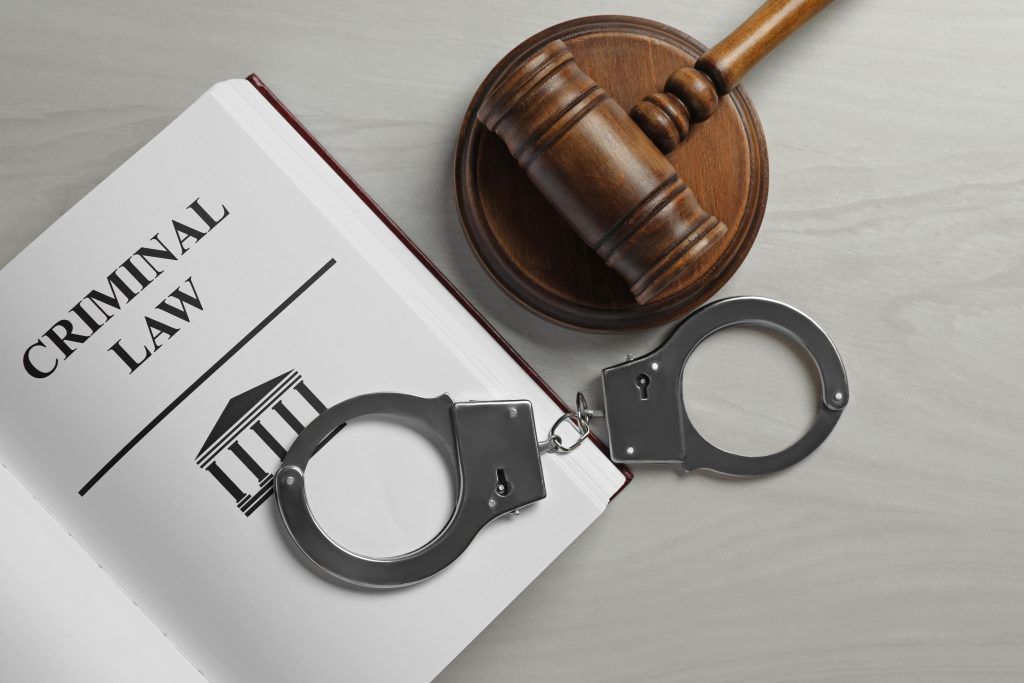Understanding the Privilege Against Self-Incrimination: Safeguarding Individual Rights
In the realm of legal jurisprudence, one fundamental principle stands tall as a pillar of protection for individuals: the privilege against self-incrimination. This principle, deeply ingrained in legal systems around the world, serves as a shield against the compulsion of individuals to testify against themselves in criminal proceedings or provide potentially incriminating evidence.
Origins and Evolution
The privilege against self-incrimination finds its roots in ancient legal traditions, dating back to Roman law and English common law. However, its modern conceptualization owes much to the landmark case of Brown v. Board of Education in the United States in 1966. In this case, the U.S. Supreme Court ruled that the Fifth Amendment to the Constitution protected individuals from being compelled to incriminate themselves in criminal cases. This decision solidified the privilege as a cornerstone of American criminal justice.
Scope and Application
The privilege against self-incrimination extends beyond the courtroom and encompasses various legal contexts. It applies not only to verbal testimony but also to the compelled production of potentially incriminating documents, physical evidence, or other information.
In practice, this privilege empowers individuals to remain silent during police interrogations, refuse to testify in court, or decline to respond to specific questions during legal proceedings. However, it’s crucial to note that the privilege is not absolute and may be subject to limitations in certain circumstances, such as in cases of contempt of court or when granted immunity from prosecution.
Rationale and Justifications
The privilege against self-incrimination serves several essential purposes within a legal framework:
- Presumption of Innocence: By protecting individuals from being forced to provide evidence against themselves, the privilege upholds the foundational principle of innocent until proven guilty. It places the burden of proof squarely on the prosecution and guards against coerced confessions or self-incriminating statements.
- Fairness and Due Process: Allowing individuals to remain silent preserves their right to a fair trial and due process. It prevents the state from leveraging its power to extract potentially unreliable or involuntary admissions of guilt.
- Protection of Dignity and Autonomy: Upholding the privilege respects the dignity and autonomy of individuals. It recognizes the inherent vulnerability of a person facing criminal charges and provides a legal safeguard against oppressive or abusive interrogation tactics.
Challenges and Controversies
While the privilege against self-incrimination is a crucial safeguard for individual rights, its application is not without challenges and controversies. Critics argue that it may impede law enforcement efforts to gather evidence and hinder the pursuit of justice in certain cases. Additionally, debates often arise regarding the scope of the privilege, especially concerning issues such as the use of silence as evidence of guilt or the compelled disclosure of non-verbal evidence.
In essence, the privilege against self-incrimination stands as a fundamental protection against the coercive power of the state. It reflects a commitment to justice, fairness, and individual rights within legal systems worldwide. As societies continue to navigate complex legal landscapes, preserving and upholding this privilege remains essential in safeguarding the principles of liberty and due process for all.











